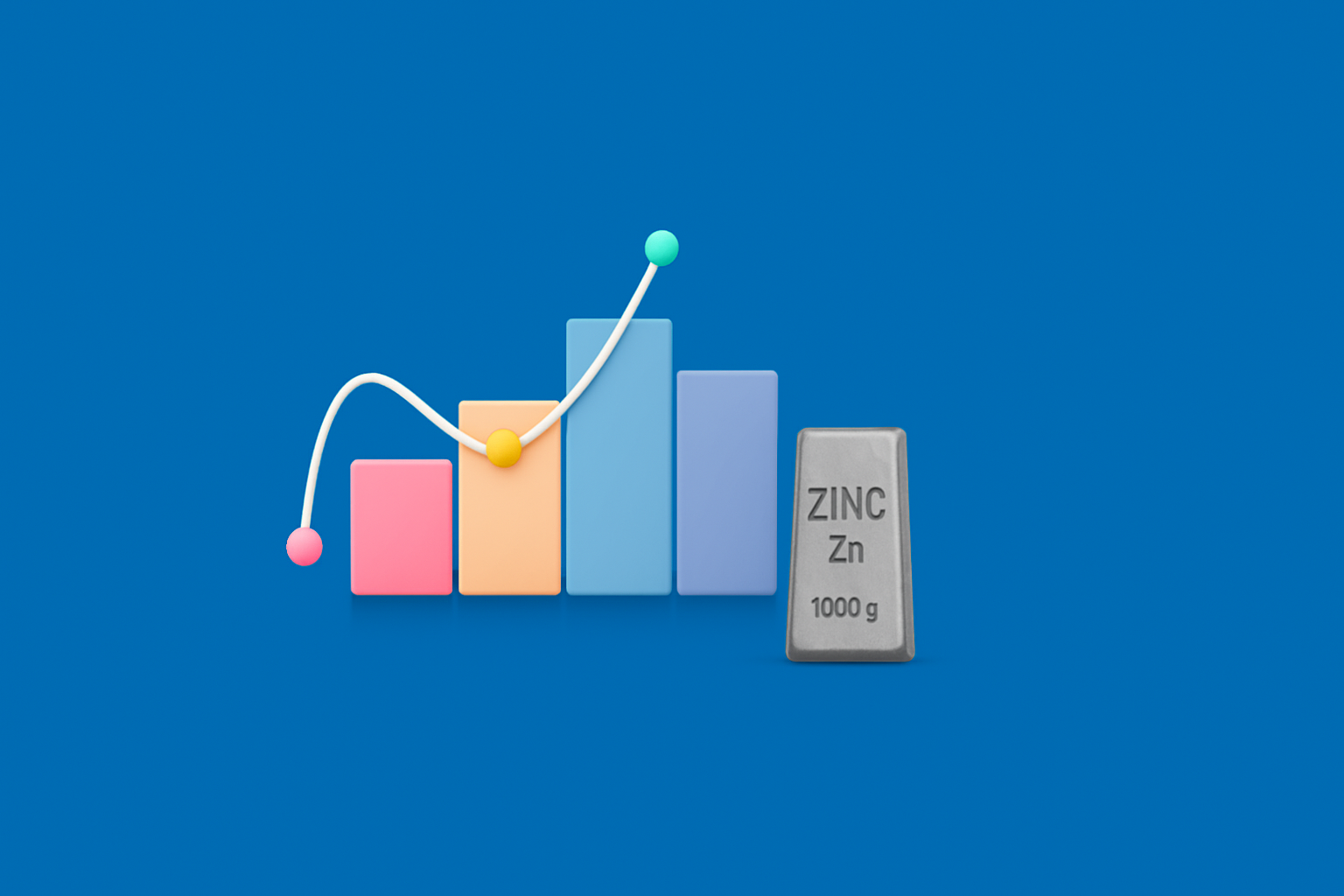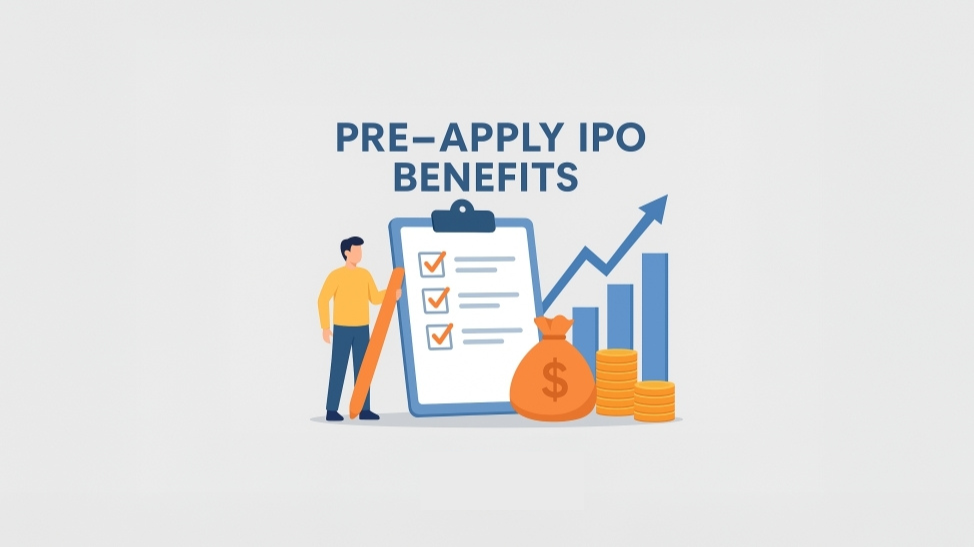Understanding Dividend Options in Mutual Funds: A Quick Guide

- Published Date: November 05, 2024
- Updated Date: June 17, 2025
- By Team Choice
If you're looking to generate regular income from your mutual fund investments, you've probably wondered: "Do mutual funds pay dividends?" The short answer is yes – but there's much more to understand about how these payments work and whether they're right for your financial goals.
Let's dive into everything you need to know about dividend mutual funds and their payout options in India.
What is a Dividend in Mutual Funds?
When you invest in mutual funds, your returns can come in two forms: capital appreciation and dividends. Think of dividends as your share of the profits that companies in your fund's portfolio distribute to shareholders. Much like receiving rent from a property investment, mutual fund dividends can provide regular income from your investment portfolio. Mutual fund dividends aren't just simple profit distributions. They represent a strategic choice between immediate income and long-term wealth creation.
It's worth noting that since 2021, SEBI has introduced an important change in terminology. What we commonly call "dividends" are now officially termed "Income Distribution cum Capital Withdrawal (IDCW)." This change reflects an important reality: these payments aren't just extra income but actually include a portion of your invested capital.
Growth vs. Dividend Option: What’s the Difference?
When investing in mutual funds, you'll typically choose between two options:
| Feature | Growth Option | Dividend Option |
|---|---|---|
| Investment Goal | Long-term wealth creation | Regular income |
| Returns | Automatically reinvested | Periodic distributions |
| NAV Impact | Steadily increases | Decreases after dividend |
| Best Suited For | Young investors, wealth builders | Retirees, income seekers |
| Taxation | More tax-efficient | Taxed as income |
Types of Dividend Options
Understanding your dividend options in mutual funds is crucial for aligning your investments with your financial needs. Let's explore how these options work in practice.
The dividend payout option is particularly valuable for investors seeking regular income streams. Take Mr. Sharma, a retired teacher from Jaipur, who relies on quarterly dividend payouts from his mutual fund portfolio to supplement his pension. His strategy involves investing across multiple funds with different payout cycles to ensure steady monthly income.
On the other hand, the dividend reinvestment option serves investors looking to build wealth over time. Meera, a 35-year-old IT professional from Bengaluru, chose this option for her SIP investments. By automatically reinvesting dividends, she's leveraging the power of compounding – each dividend payment buys additional fund units, potentially generating more returns in the future.
| Dividend Payout | Dividend Reinvestment |
|---|---|
| Receives distributions directly in your bank account | Automatically reinvests distributions back into the fund |
| Ideal for regular income needs | Increases your number of units |
| Reduces your invested amount | No actual cash payout |
| Popular among retirees and income-focused investors | Helps in long-term wealth accumulation |
The relationship between these options isn't just about choosing one or the other. Many successful investors use a hybrid approach. For instance, a pre-retiree might keep 70% of their portfolio in growth options while selecting dividend payout for the remaining 30% to create a transitional income stream.
Who Should Choose Dividend Mutual Funds?
Dividend mutual funds might be right for you if:
- You need regular income from investments
- You're retired or planning retirement
- You prefer periodic returns over long-term capital appreciation
- You have a moderate to conservative investment approach
Important Considerations Before Choosing Dividend Options
- Tax Implications
- Dividends are taxable as per your income slab
- TDS applies at 10% for dividend payments above ₹5,000
- Growth option might be more tax-efficient long-term
- Impact on Investment Value
- Dividend payments reduce NAV proportionately
- Your invested capital decreases with each payout
- May affect long-term wealth creation potential
- Dividend Frequency
- Not guaranteed - depends on fund performance
- Can vary based on market conditions
- Monthly dividend payout mutual funds are popular but consider sustainability
Best Dividend-Paying Mutual Funds in India
While past performance doesn't guarantee future returns, here are some mutual funds known for consistent dividend track records:
- Large-Cap Funds
- Focus on stable, established companies
- Generally offer more predictable dividends
- Higher minimum investment requirements
- Lower risk compared to mid or small-cap funds
- Suitable for conservative investors
- Hybrid Funds
- A mix of equity and debt investments
- Balance between growth and regular income
- More stable dividend payments
- Moderate risk profile
- Various dividend frequency options
- Debt Funds
- Regular income through interest earnings
- Lower volatility compared to equity funds
- Different dividend frequency options are available
- Suitable for conservative investors
Pro Tip: Current mutual fund dividends and their payment frequency can be checked on fund house websites or official financial portals.
Making the Right Choice
Consider the following factors when selecting between growth and dividend options:
- Financial Goals
- Short-term income needs vs. long-term wealth
- Risk tolerance and investment horizon
- Tax planning requirements
2. Market Timing
- Market conditions affect dividend distributions
- Economic cycles impact dividend sustainability
- Consider the market phase when choosing options
3. Portfolio Balance
- Diversification needs
- Existing income sources
- Overall investment strategy
Investment Strategies for Different Age Groups
- Young Professionals (25-35 years)
Recommended Approach: 90% growth, 10% dividend reinvestment
- Focus on growth options for long-term wealth creation
- Start with systematic investment plans (SIPs)
- Consider dividend reinvestment if needed
- Aim for higher equity exposure
2. Mid-career Professionals (35-45 years)
Balanced Strategy: 80% growth, 20% dividend reinvestment
- A mix of growth and dividend options
- Higher allocation to growth for wealth-building
- Strategic use of dividend option for specific goals
- Regular review and rebalancing
3. Near-Retirement (45-60 years)
Conservative Approach: 60% growth, 40% dividend payout
- Gradual shift toward dividend options
- Focus on regular income generation
- Balance between equity and debt funds
- Emphasis on capital preservation
4. Post-Retirement (60+ years)
Income-Focused Strategy: 40% growth, 60% dividend payout
- Priority on regular dividend-paying funds
- Conservative portfolio allocation
- Focus on consistency of income
- Regular monitoring of dividend declarations
Tax Implications
The taxation of mutual fund dividends has evolved significantly in recent years. The tax efficiency of mutual fund investment often depends more on how you receive returns than on the returns themselves.
Let's break this down with a practical example.
Suppose you invest ₹10 lakhs in a mutual fund. Under the dividend option, if you receive ₹50,000 as dividend:
- At 30% tax bracket: You'll pay ₹15,000 as tax
- Plus 4% cess: Additional ₹600
- Total tax outgo: ₹15,600
Compare this with the growth option, where the same ₹50,000 remains invested:
- No immediate tax liability
- Potential for compound growth
- More favorable long-term capital gains tax rates
This example illustrates why many financial advisors recommend growth options for investors in higher tax brackets.
Key Tax Considerations:
- Dividends are taxable as per your income slab
- TDS applies on dividend payments above threshold limits
- Different tax treatment for equity and debt funds
- Impact of holding period on taxation
Remember: Tax rules are subject to change. Always consult a tax professional for current rates and implications.
Smart Strategies for Different Investors
For Young Investors:
| Starting Small with SIPs | Career Milestone Planning |
|---|---|
| Begin with ₹500-1,000 monthly SIP | Invest higher amounts during bonus months |
| Choose growth option initially | Consider dividend reinvestment for tax efficiency |
| Switch to dividend option when income needed | Example: ₹50,000 bonus invested in growth option |
For Regular Income Seekers:
| Monthly Dividend Payout Strategy | Hybrid Portfolio Approach |
|---|---|
| Invest across 3-4 funds with different payout cycles | 60% in monthly dividend-paying mutual funds |
| Minimum ₹2 lakhs per fund recommended | 40% in quarterly dividend funds |
| Expected monthly income: ₹1,000-1,500 per ₹1 lakh invested* | Helps maintain a steady income flow |
Smart Selection Strategies to Follow
- Research and Analysis
- Check recent mutual fund dividends and payout history on the AMFI website
- Review fund factsheets for consistency
- Analyse fund portfolio composition
- Understand fund management strategy
2. Risk Assessment
- Evaluate fund volatility
- Check portfolio concentration
- Understand sector allocations
- Review market cycle performance
3. Cost Considerations
- Compare expense ratios
- Check exit load terms
- Understand transaction costs
- Factor in tax implications
Making an Informed Choice
Consider these factors when selecting between growth and dividend options:
- Financial Goals
- Short-term income needs vs. long-term wealth
- Risk tolerance and investment horizon
- Tax planning requirements
2. Market Timing
- Market conditions affect dividend distributions
- Economic cycles impact dividend sustainability
- Consider the market phase when choosing options
3. Portfolio Balance
- Diversification needs
- Existing income sources
- Overall investment strategy
Conclusion
Choosing between mutual fund dividends and growth options isn't just about regular income versus wealth creation – it's about aligning your investment strategy with your financial goals, tax situation, and risk tolerance.
For long-term wealth creation, the growth option can prove more beneficial due to the power of compounding. However, if regular income is your priority, dividend mutual funds could be a valuable addition to your investment portfolio.
Key Takeaways:
- Understand that dividends reduce your invested capital
- Consider your tax bracket before choosing dividend options
- Review your choice periodically as financial needs change
- Maintain a balanced portfolio aligned with your goals
Next Steps:
- Assess your current income needs
- Review your tax situation
- Consult a financial advisor
- Start with a small allocation to test your strategy
Remember, while dividends can provide regular income, they're not guaranteed. Your choice should be based on your unique financial situation rather than just the appeal of regular payouts.
Recommended for you

Zinc Future Price Forecast for Next Week

Copper Price Forecast for Next Week

Indian Stock Market Prediction For Next Week
